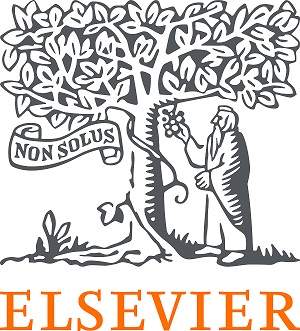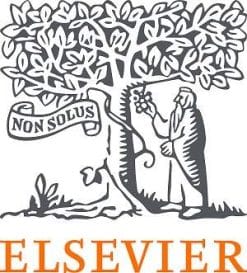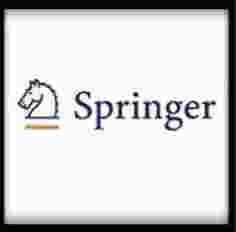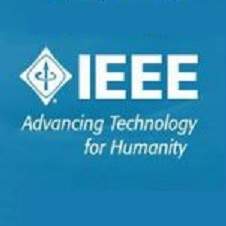بلاک چین برای بکارگیری اینترنت اشیا
39,500 تومان
| عنوان فارسی: چشم انداز بلاک چین برای بکارگیری اینترنت اشیا در شبکههای توزیع و خانههای هوشمند | |
| عنوان انگلیسی: Blockchain outlook for deployment of IoT in distribution networks and smart homes |
|
| تعداد صفحات مقاله انگلیسی : 11 | تعداد صفحات ترجمه فارسی : 19 |
| سال انتشار : 2020 | نشریه : نشریه بین المللی مهندسی برق و کامپیوتر |
| فرمت مقاله انگلیسی : PDF | فرمت ترجمه مقاله : در word تایپ شده است |
| نوع مقاله : ISI | فونت: Bnazanin14 |
| رشته های مرتبط با این مقاله: مهنسی برق ، فناوری اطلاعات و کامپیوتر | |
| دانشگاه: امیرکبیر تهران | |
| ترجمه عناوین تصاویر و جداول: ترجمه شده است ✓ | |
| بلافاصله پس از پرداخت لینک دانلود در اختیار شما قرار خواهد گرفت. همچنین لینک دانلود در ایمیل شما قرار خواهد گرفت | |






نقد و بررسیها
هنوز بررسیای ثبت نشده است.